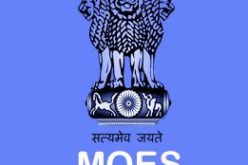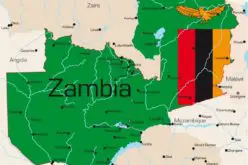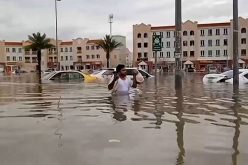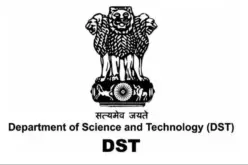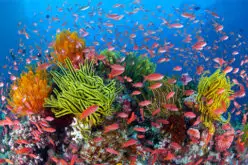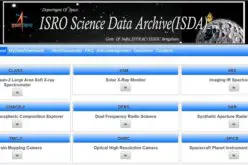Jakarta’s GIS Initiative for Sustainable Marine Ecosystem Conservation
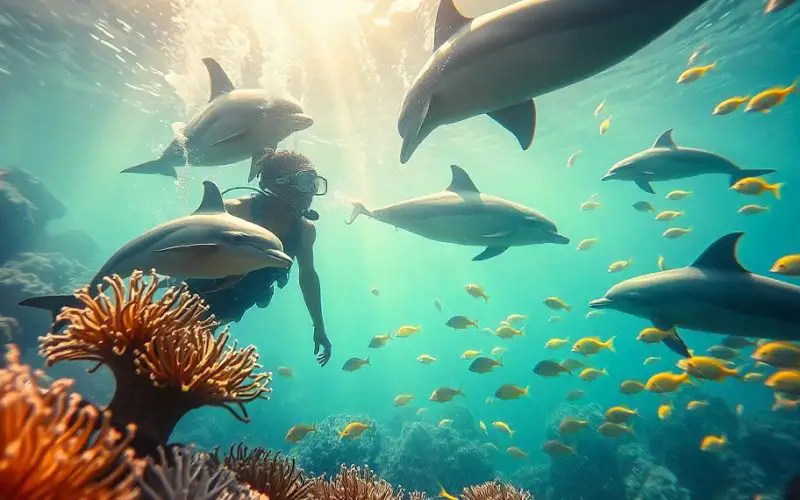
In a bid to enhance marine ecosystem conservation, the Jakarta provincial government has introduced Geographic Information System (GIS) technology to better monitor and manage its marine spaces. Unveiled by Suharini Eliawati, Head of Jakarta’s Food Security, Maritime Affairs, and Agriculture Service, this initiative marks a significant step toward sustainable marine resource management, aligning with Jakarta’s vision for a “blue economy.”
“GIS is being used to map out zones and monitor ecosystem locations,” Eliawati said during the announcement. The GIS technology aims to provide precise mapping of marine spaces, allowing authorities to track changes in the ecosystem and act swiftly if needed. This strategic application is part of Jakarta’s broader goal to harmonize economic activities—such as tourism and fisheries—with marine ecosystem conservation efforts.
At the heart of this initiative is the JakOcean application, which currently serves as a GIS prototype and is being refined for full functionality. JakOcean represents the city’s innovation toward integrated marine management, which Jakarta hopes will address prevalent issues like environmental degradation and spatial conflicts. This effort aligns with the Jakarta government’s grand design for marine ecosystem conservation, where data-backed decision-making stands at the forefront.
Also Read – First-in-the-World: Indonesia is Using Tweets to Map Floods in Jakarta
The adoption of GIS technology holds several potential benefits. For one, it will help the government manage marine spaces more efficiently, improving the coexistence of conservation and economic growth. Eliawati highlighted that GIS mapping would aid in identifying suitable zones for marine tourism and sustainable fisheries, thereby contributing to Jakarta’s gross regional domestic product (PDRB) through a more robust blue economy sector.
This comprehensive plan aims to boost the economic welfare of coastal communities, with long-term goals that include a 20 percent increase in local income and expanded employment in the marine sector. The program also envisions Jakarta as a leader in reducing carbon emissions and improving marine health, setting a benchmark for marine ecosystem conservation among coastal cities worldwide.
Eliawati emphasized that sustainable marine management could position Jakarta as a model for environmental stewardship. “Through sustainable marine space management, we want Jakarta to become a global city that maintains environmental sustainability,” she said.
Ultimately, the GIS-driven approach is a forward-thinking initiative that not only addresses immediate marine management needs but also sets the stage for long-term environmental and economic resilience. By incorporating high-tech mapping tools into its blue economy framework, Jakarta is forging a path toward a future where marine ecosystem conservation and economic development go hand in hand, benefiting both the environment and the people who rely on marine resources.
Source: Antara News


